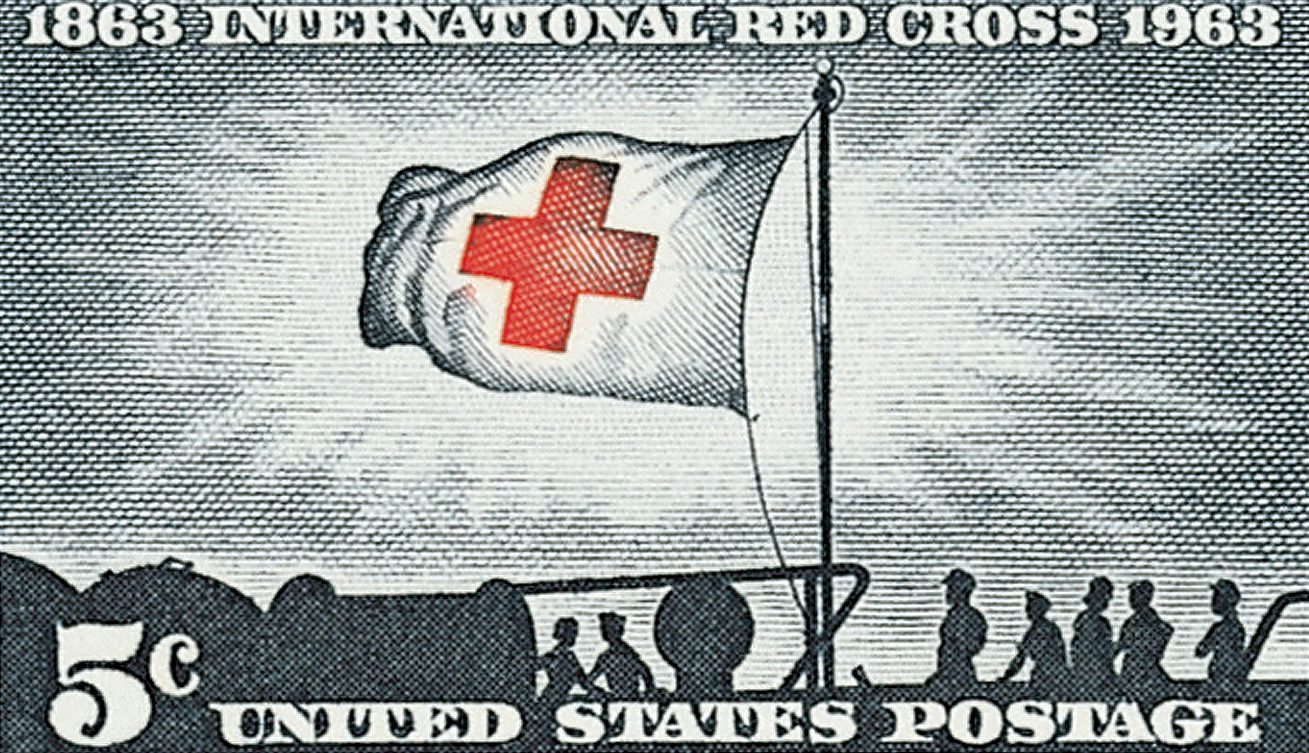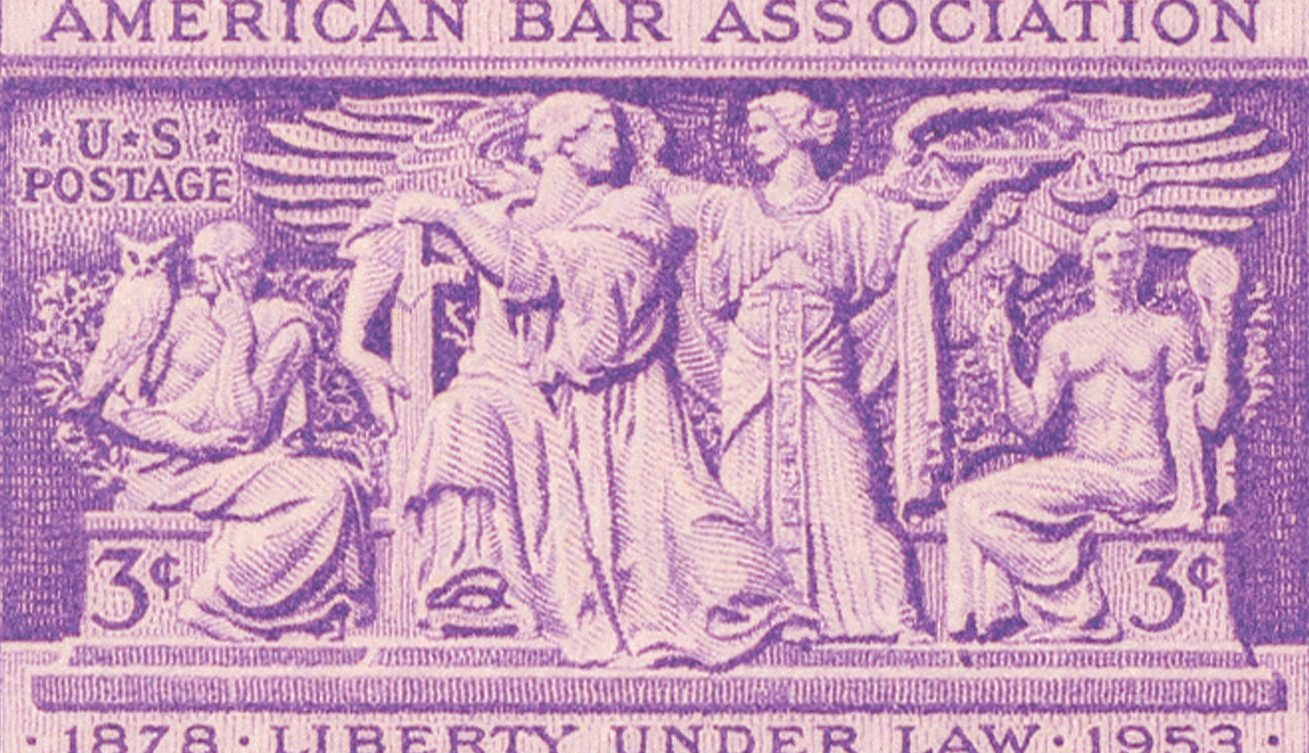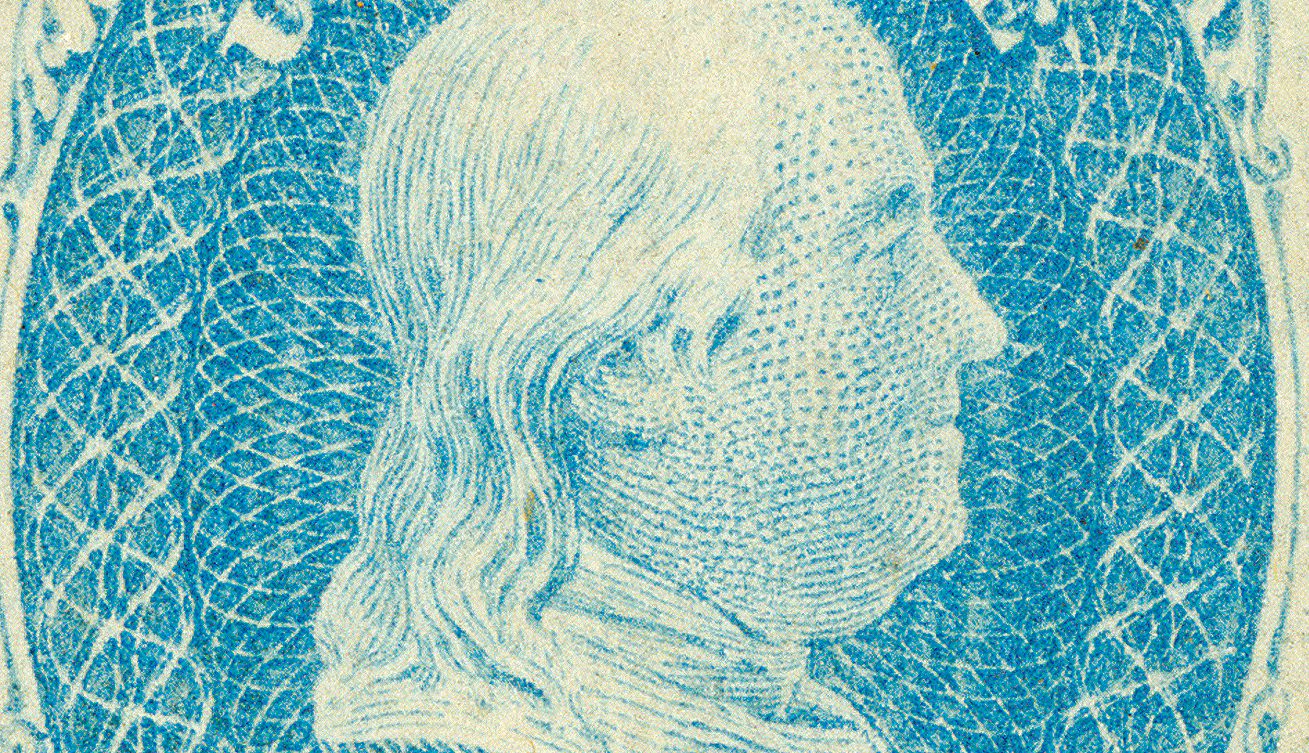The Salad Bowl Strike
On August 23, 1970, the largest farm worker strike in US history began. The strike lasted for nearly seven months, with growers losing about $500,000 a day.

On August 23, 1970, the largest farm worker strike in US history began. The strike lasted for nearly seven months, with growers losing about $500,000 a day.

On August 22, 1864, twelve nations signed the first Geneva Convention for the Amelioration of the Condition of the Wounded in Armies in the Field. This convention and subsequent treaties and protocols established the legal standard for humanitarian treatment in times of war.

On August 21, 1878, the American Bar Association (ABA) was formed in Saratoga Springs, New York. Its mission is to serve as a national representative of the legal profession, promote justice, professional excellence, and respect for the law.

Benjamin Harrison was born in North Bend, Ohio, on August 20, 1833. America’s 23rd president, he was also a Civil War veteran and lawyer.

Aviator and inventor Orville Wright was born on August 19, 1871, in Dayton, Ohio. He and his brother would go on to become aviation pioneers.

On August 18, 1920, the 19th Amendment was passed, granting women’s suffrage. It was a major victory several decades in the makine.

On August 17, 1861, the first of several Civil War-era stamps was used for the first time. New stamps were prepared to prevent the South from profiting off the sale of US stamps.

On August 16, 1916, the US and Canada signed the first Migratory Bird Treaty to protect the birds that live in both nations. Several programs came out of this agreement that has helped to save hundreds of species of migratory birds.

On August 14, 1848, the Oregon Territory was established. It would be another 11 years before the territory achieved statehood.